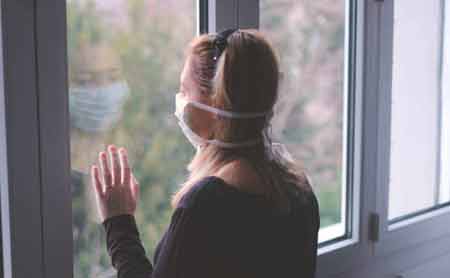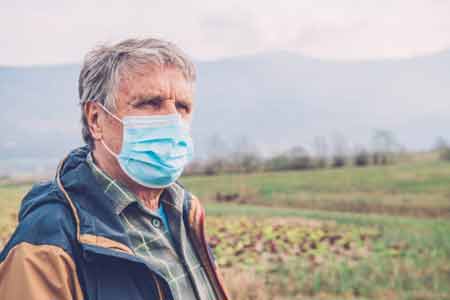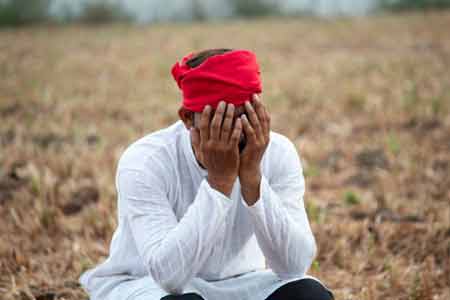The Corona virus is a type of Retrovirus, which means it affects the cells that support our immune system. Retroviruses are viruses that replicate only inside living cells, thus they are not considered to be dangerous to human health. However, if a human becomes infected with the Corona virus and subsequently develops symptoms such as fever and nausea, this is usually due to a mutation in the host’s genetic code. This is the blog post on how Covid 19 virus affects our lives. This blog highlights various impacts of this virus and the measures taken to avoid its spread.
Disproportionately Impact

The fourth survey report explores the serious problems faced by households of BIPOC. The third report focuses on the experiences of Black, Native, and Latino communities, who were disproportionately impacted by COVID-19. The fourth survey report focuses on how the epidemic has affected different areas of people’s lives, including health care, housing, and transportation. And the fifth survey reveals how the virus affected the caregiving community, including children. The nose swab בדיקות קורונה PCR for COVID-19 is an accurate and reliable method for diagnosing the disease. If you test positive, you are likely to have the disease. The result of a negative test indicates you were not infected with COVID-19 at the time of the test. Get tested if you have symptoms of COVID-19 or have been exposed to someone who tested positive for COVID-19.
Aged and disabled hardest hit
Those affected the most by the outbreak include the elderly and disabled. More than one third of households have depleted their savings. The resulting financial strain has left many people unable to pay their utility bills or food bills. In addition, children and the caregiving community have been impacted. Over the last several months, the majority of households with children have struggled to provide proper care and keep up with education for their children. According to a new survey conducted by KFF, more than 6 percent of households with children have reported having serious problems caring for their children during the outbreak.
Rural Crisis

The fourth survey report highlights the serious problems faced by rural households during the outbreak, including the depletion of household savings and problems paying for utilities. Moreover, many families have reported having trouble affording food and other essentials. The coronavirus outbreak has shaken the delivery of health care, especially in rural areas. The impact of the virus on health care has affected people’s mental health and social well-being.
Financial Effects
During the COVID-19 outbreak, many households with BIPOC members have had major financial problems. The cost of food, utilities, and rent has been crippling for many BIPOC families. The effects of the outbreak on rural households are especially significant, as many people are unable to get the necessary care during the outbreak. This has affected the quality of care and education. Those who were ill during the coronavirus epidemic have experienced serious problems with health and finances.
Rural Impact of Coronavirus

In addition to the impact on society, COVID19 has also had a significant economic impact on rural communities. More than four in 10 rural households have experienced loss of jobs and businesses, reduced wages and hours, and more. More than half of all rural households reported experiencing negative effects on their mental health. And the impact on their families’ mental health is still being assessed. If you are a family member, you may have experienced a negative response to the outbreak.
Summary
During the COVID-19 outbreak, households with a disabled member reported the highest financial strain. Some households reported they had exhausted most of their savings, and others had trouble paying bills or paying their rent. The outbreak also had an adverse impact on children and caregiving communities. Six in 10 households with children had serious problems caring for their children. In addition to these challenges, their health was adversely affected. These results are concerning for the future of the community.




